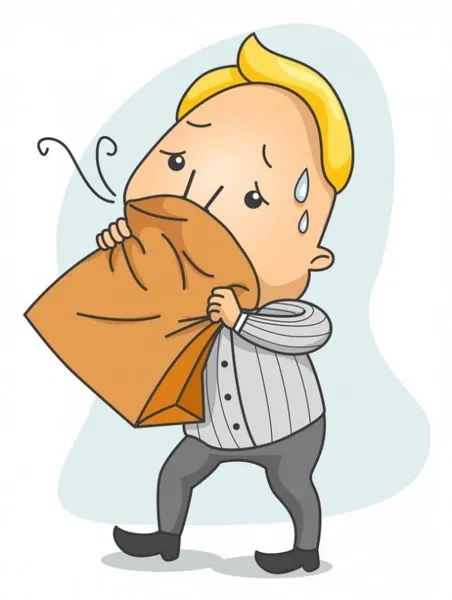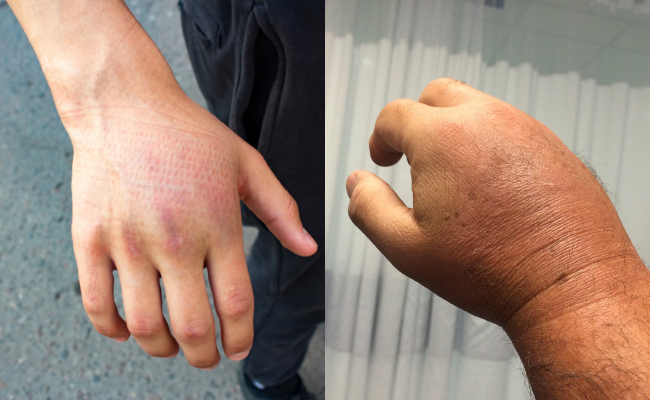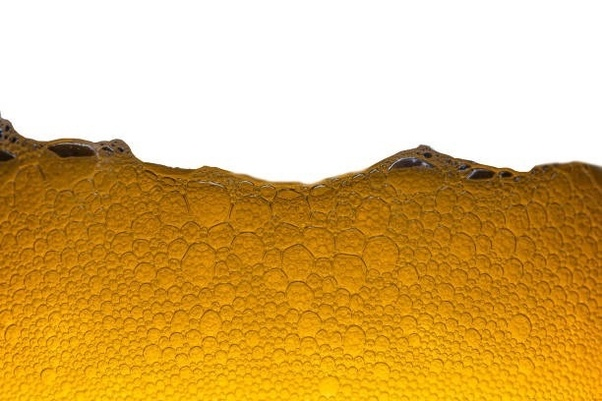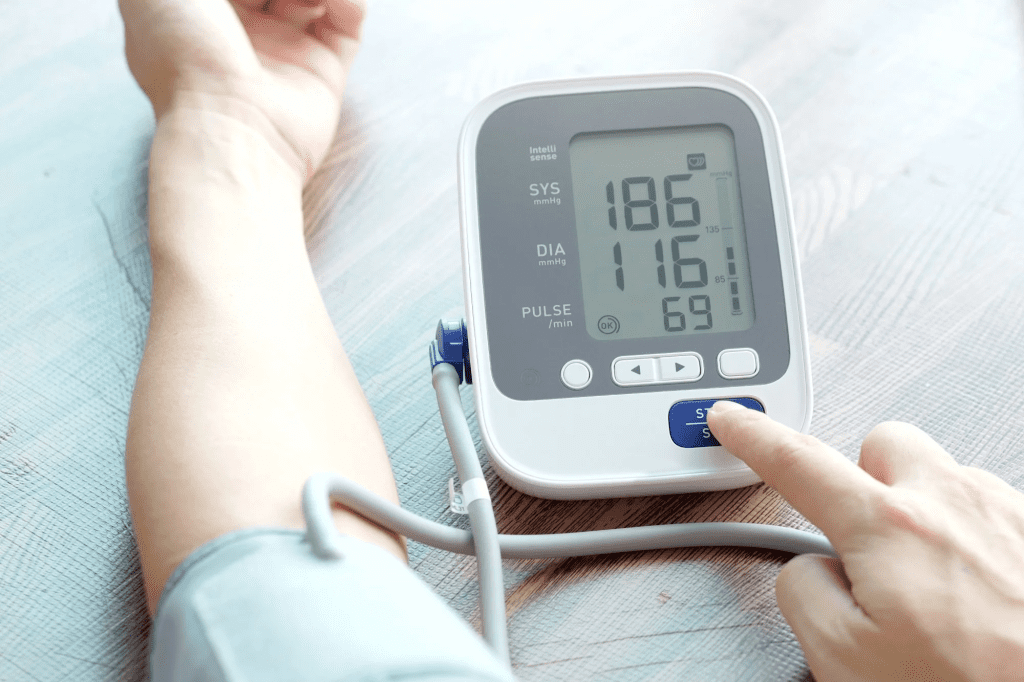Bad Breath and a Metallic Taste: Toxins in the Bloodstream

When waste products accumulate in your bloodstream due to impaired kidney function, they can affect your sense of taste and cause bad breath. This is often described as a metallic taste in the mouth. You may also lose your appetite or develop an aversion to certain foods, leading to unintended weight loss.
While a metallic taste can have several causes, persistent symptoms should prompt a visit to the doctor to rule out kidney issues. Early detection of kidney problems can prevent more severe complications down the line.
Shortness of Breath: More Than Just a Lung Issue

Difficulty breathing, especially after minimal physical exertion, can be linked to kidney disease. This happens for two main reasons: excess fluid in the body can build up in the lungs, and anemia can leave you feeling breathless due to a lack of oxygen-carrying red blood cells.
Shortness of breath can also indicate other serious conditions, such as heart failure or lung disease. If you experience this symptom regularly, it is vital to seek medical advice immediately to determine the underlying cause and initiate appropriate treatment.
Swelling in the Hands and Feet: Fluid Retention

One of the kidneys’ primary functions is to remove excess fluid from the body. When they fail to do so, this fluid can accumulate, leading to noticeable swelling in your hands, feet, and ankles—a condition known as edema, which is a common sign of advanced kidney disease.
Persistent swelling, especially when accompanied by other symptoms, should be evaluated by a healthcare provider. Proper diagnosis and management can help reduce fluid buildup and prevent further complications.
Frequent Urination: A Sign of Kidney Damage

An increase in the frequency of urination, particularly at night, can be an early sign of kidney disease. This can occur when the kidneys’ filtering units are damaged, leading to an increased urge to urinate.
Frequent urination can also be a symptom of urinary tract infections or prostate issues in men. If you notice a change in your urination habits, it’s important to consult your doctor for a thorough evaluation and accurate diagnosis.
Blood in the Urine: A Serious Red Flag

Healthy kidneys keep blood cells in the body when filtering waste from the blood to create urine. However, when the kidneys’ filters are damaged, blood cells can start to leak into the urine. This can be a sign of kidney disease, infections, or even tumors.
Blood in the urine, known as hematuria, should never be ignored. Seek immediate medical attention if you notice this symptom, as it could indicate a serious underlying condition that requires prompt treatment.
Foamy Urine: Indicating Protein Leakage

Excessive bubbles in the urine—especially those that require you to flush several times to clear—can indicate protein in the urine, a condition known as proteinuria. This is an early sign that the kidneys’ filters have been damaged, allowing protein to leak into the urine.
If you consistently notice foamy urine, it’s crucial to have a medical evaluation to check for kidney damage. Early intervention can help manage the condition and prevent further decline in kidney function.
High Blood Pressure: The Silent Killer and Kidney Damage

Your kidneys play a crucial role in regulating blood pressure by managing the volume of fluids in your body and producing hormones that regulate blood pressure. When kidneys are damaged, they may struggle to maintain a healthy balance, leading to high blood pressure. Conversely, high blood pressure can further damage the kidneys, creating a vicious cycle.
High blood pressure is a leading cause of kidney disease. Regular monitoring and management of blood pressure are essential for protecting your kidneys and overall health.
Your kidneys are vital to your overall health, and paying attention to the signs that they’re not working properly can prevent serious complications. If you notice any of these symptoms, it’s important to seek medical advice as soon as possible. Early detection and treatment can slow the progression of kidney disease and improve your quality of life. By listening to your body and taking proactive steps, you can maintain healthy kidneys and a healthy life.
